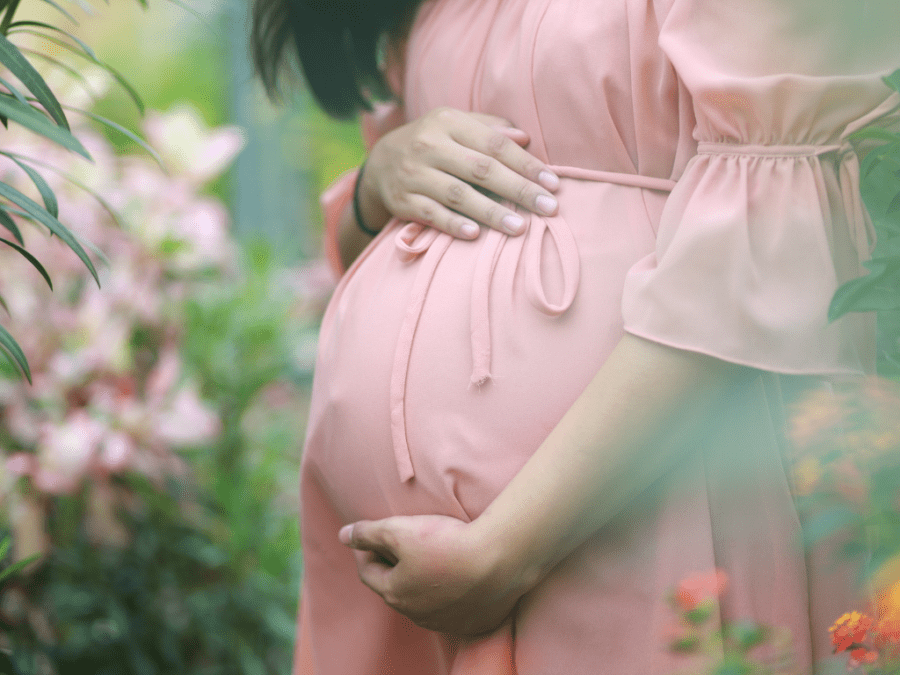Women require special care in the weeks following childbirth, and this is where their partners and families can be a big help.
Labor and childbirth, as well as breastfeeding while caring for a newborn baby, are physically demanding. Hence it’s critical that new mothers properly regain their strength and maintain physical wellness as they adjust to life with their new bundle of joy.
To achieve this, it is important that women in the post-pregnancy phase eat good breastfeeding foods for a well-balanced diet, just as they did during pregnancy, to not only help to support physical recovery from childbirth, but also to boost breastmilk production. Breastfeeding mothers should also drink more water each day to support breastfeeding. This is where feeling thirsty is a natural indicator of one’s fluid needs.

We’ve got you covered when it comes to dietary advice during this post-partum period. Jennifer Shim, dietitian at Parkway East Hospital, answers the common questions revolving around nutritional requirements for new mothers and shares advice on how to eat healthily after having a baby!
How much should I be eating after birth? How do I know if I am getting enough nutrients for me and my baby?
Mothers who wish to breastfeed their babies need to ensure adequate nutritional intake to provide their babies with the necessary essential nutrients. Breastfeeding mothers typically require an additional of 400-500kcal per day, with a higher requirement for specific nutrients, such as protein and vitamin B, compared to when they were pregnant. In fact, if mothers are able to meet a balanced diet based on the My HealthyPlate for pregnancy, they will be able to meet their basic nutritional needs during breastfeeding to support their baby’s growth and development.
 Source: https://www.healthhub.sg/programmes/55/my-healthy-plate
Source: https://www.healthhub.sg/programmes/55/my-healthy-plate
What are the key nutrients I need after birth?
- Vitamin A, C, B (including folate and B12), Iodine and Zinc
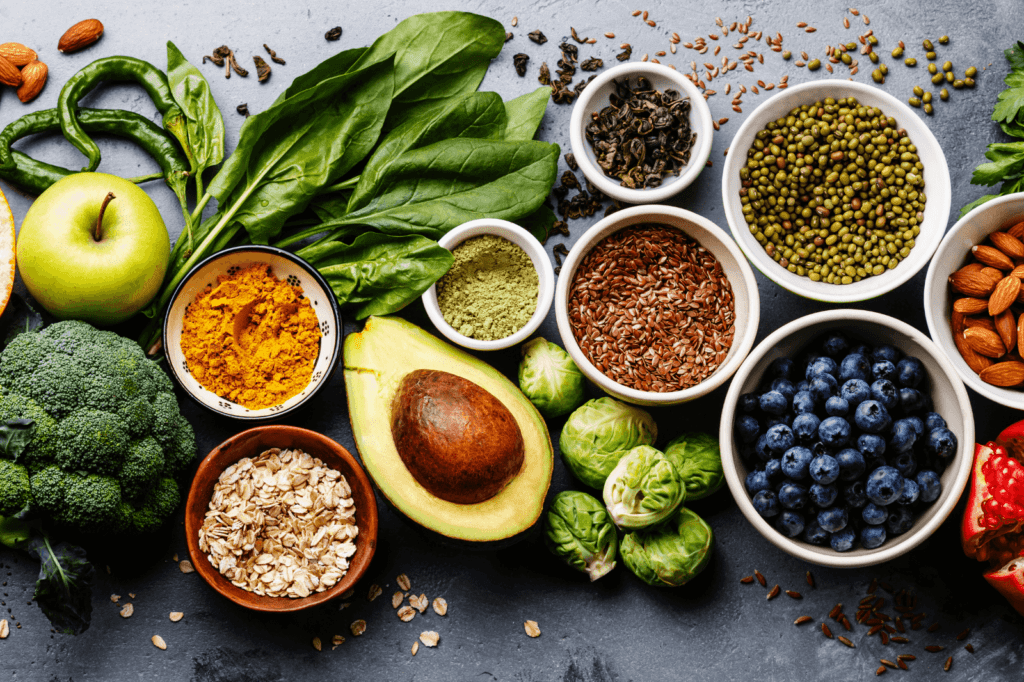
The demand for these nutrients increases dramatically during breastfeeding. Therefore, it is important to eat a variety of wholesome breastfeeding foods and an abundant variety of fruits as part of a well-balanced diet to meet these nutrient needs with ease.
In particular, Iodine can be found in seafood, seaweed, milk, eggs and poultry. Whereas, meat, poultry, milk, nuts and beans are good sources of Zinc.
- Calcium
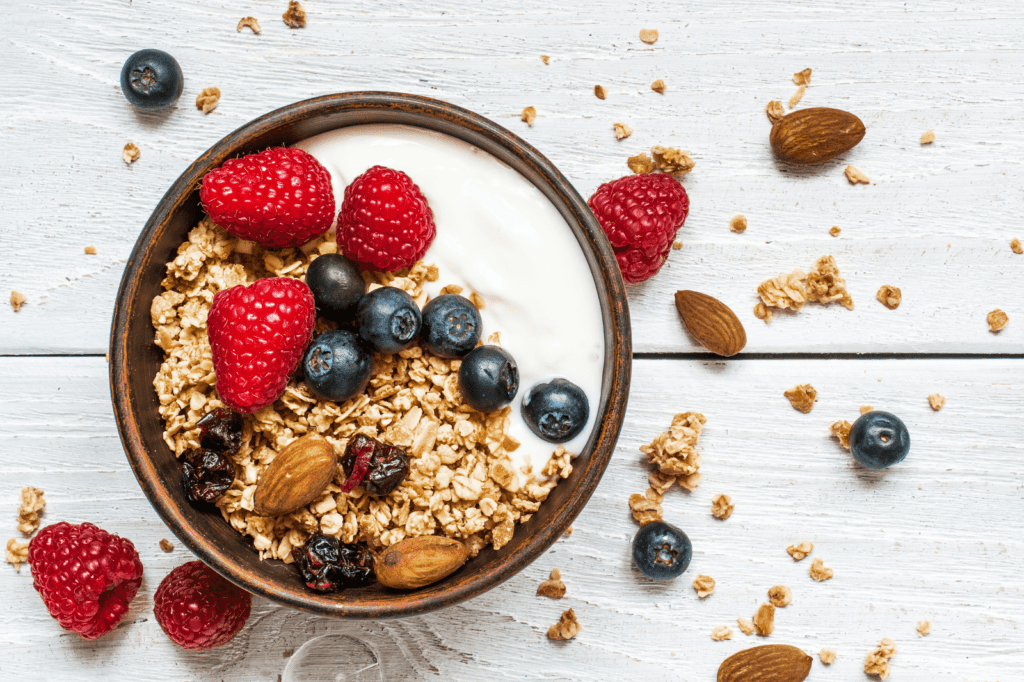
Calcium needs remain high even after the birth of a child. Therefore, it is important to include calcium-rich foods such as milk, yoghurt and cheese in a postpartum diet. Other sources of calcium include fish and edible bones, legumes, soybean curd, green leafy vegetables and calcium-fortified food.
- Docosahexaenoic acid (DHA) and Arachidonic acid (ARA)
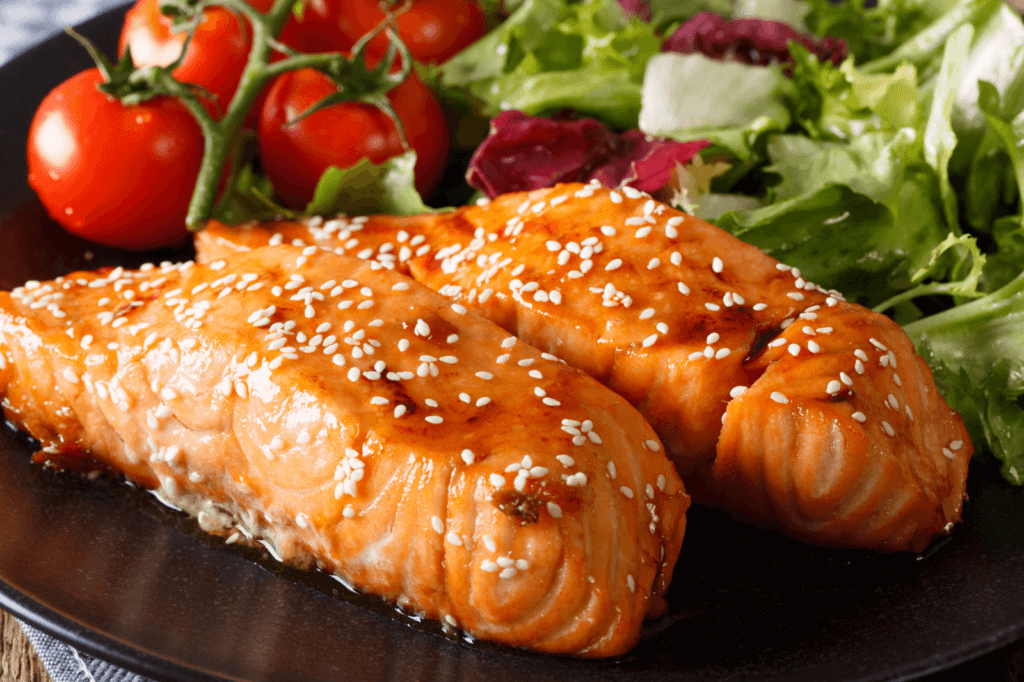
DHA and ARA are important nutrients for a baby’s brain and eye development. They are long-chain polyunsaturated fatty acids (PUFAs) that a human body can make in small amounts from alpha-linolenic acid (ALA) and linolenic acid (LA). ALA and LA are essential fatty acids that the body cannot produce and must be obtained from food. Infants create very little DHA and ARA from ALA and LA.
It has been shown in studies that there may be some benefits to having preformed DHA and ARA during infancy. It is believed that when mothers consumed more of these fatty acids in their diet, there are higher levels of DHA and ARA in their breast milk. Therefore, mothers should include 2 servings of fatty fish such as salmon, tuna and mackerel in their breastfeeding foods each week for sources of DHA, and include meat, poultry, eggs as sources of ARA in their diet.
What foods should I avoid after birth?
- Avoid fish choices that have excessive mercury, polychlorinated biphenyls (PCBs) and dioxins. These include shark, swordfish and tilefish. In excess, such compounds that are present in their meat may harm your baby’s nervous system.
- Avoid consuming alcohol while breastfeeding as alcohol can be passed from mother to baby through breast milk. Large amount of alcohol can affect the milk let-down reflex, affect the baby’s alertness and ability to suckle.
- Limit caffeine intake to 200mg each day as caffeine passes from mothers to babies through breastmilk, which can cause restlessness in their babies.
What else should I take note of?
- It is not necessary to go on a weight loss diet whilst breastfeeding. Most breastfeeding mothers will lose the weight they gained during pregnancy.
- There is no evidence that any food, such as ginger, consumed by breastfeeding mothers will affect the baby’s jaundice levels.
- Some strong flavoured foods such as garlic and onion are known to cross into breastmilk. Some babies are sensitive to changes in breastmilk flavour leading to decrease in their milk intake. Therefore, breastfeeding mothers need to watch their diet closely and keep things neutral.
- Unique in Asian culture, are the different kinds confinement practices and diets aimed to help mothers recuperate and recover from childbirth. And many of them have been passed from generation to generation, prevailing to this day. Be mindful of confinement myths and beliefs and consider the practices that are best for you. Always speak to a dietitian/doctor should you have any questions about your nutrition.

There is no nutritional requirement difference in your food intake if you delivered naturally or via caesarean. All mothers need to maintain a balanced diet and to eat well to recuperate and recover from pregnancy and childbirth.
Whether you opt for catered confinement meals, or have a family member or a friend cook for you during your confinement, you will be on the right track to recovery if you follow a well-planned diet and meal plan.
If you need more information, do schedule an appointment with a dietitian at Parkway East Hospital.
Article reviewed by Jennifer Shim Poh Shwan, Dietitian at Parkway East Hospital.


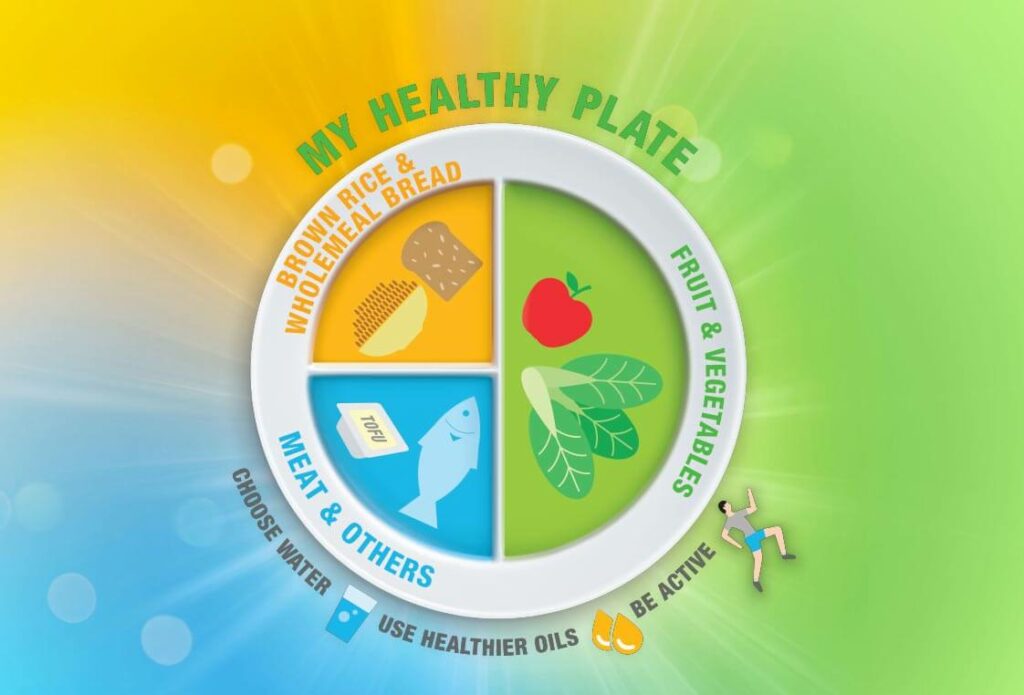 Source:
Source: 